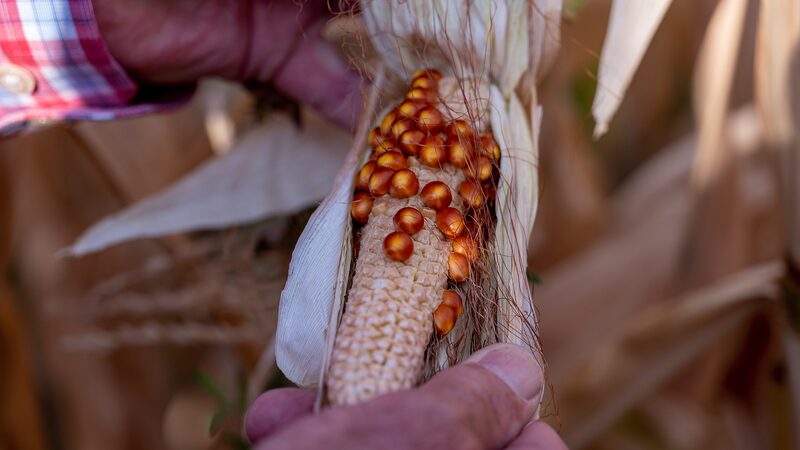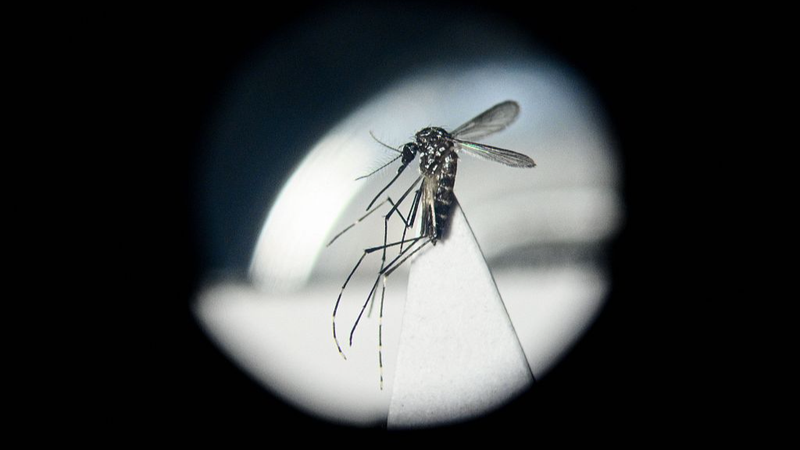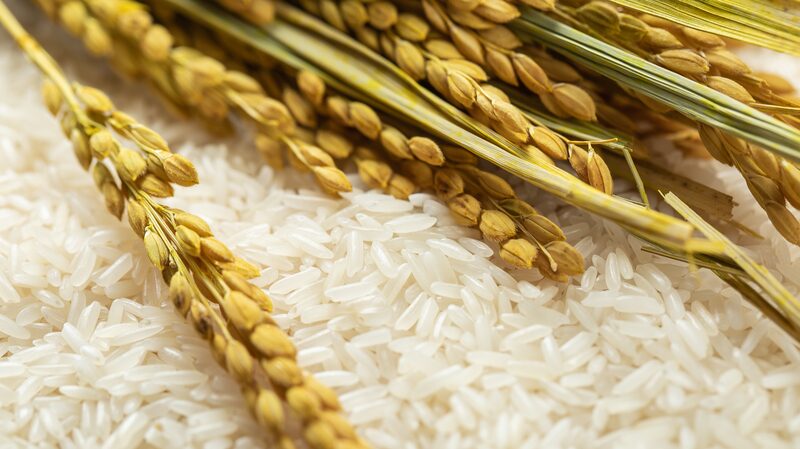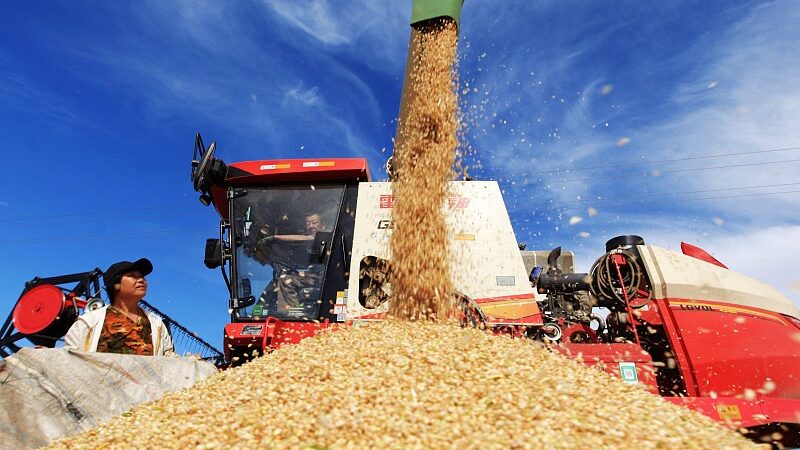In a breakthrough with far-reaching implications for global food security, Chinese researchers have identified a critical gene that enables rice to withstand extreme heat without compromising yield or quality. The discovery, led by scientists at Wuhan’s Huazhong Agricultural University, offers hope as climate change intensifies challenges for staple crop production across Asia.
Published in the prestigious journal Cell, the study reveals how activating the TT2 gene can extend rice plants’ heat tolerance by up to 3°C—a critical buffer as record-breaking temperatures threaten harvests. Researchers demonstrated through field trials that modified strains maintained 20% higher yields under heat stress compared to conventional varieties.
"This innovation addresses one of agriculture’s most pressing climate adaptation needs," noted Dr. Li Xing, a crop resilience specialist unaffiliated with the study. With over half the world’s population relying on rice as a dietary staple, the technology could stabilize food supplies in vulnerable regions from Southeast Asia to Sub-Saharan Africa.
Business analysts highlight potential impacts on commodity markets, as more reliable harvests may reduce price volatility. The development aligns with China’s broader agricultural modernization efforts, which prioritize food security through scientific innovation.
Next-stage trials are underway to assess the gene’s performance across diverse ecosystems, with researchers emphasizing collaborations with international partners to scale implementation.
Reference(s):
cgtn.com








